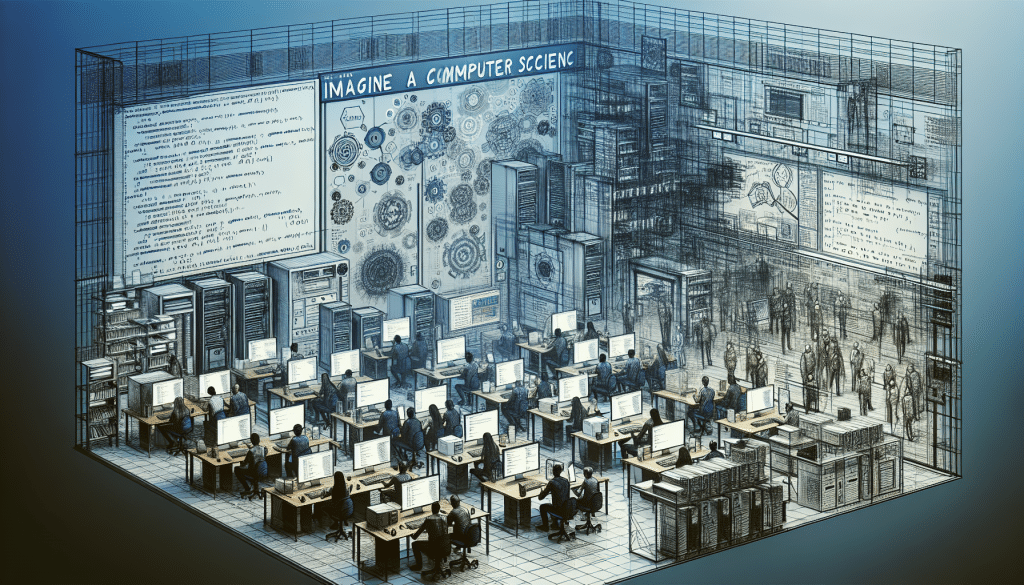What are the major subjects covered in a Computer Science degree?

Computer science is a vast and rapidly evolving field that encompasses a wide range of subjects. Students pursuing a degree in computer science can expect to cover a variety of core subjects that form the foundation of the field. In addition to these core subjects, many computer science programs also offer specialized areas of study that allow students to delve deeper into specific aspects of the field.
Core Subjects in Computer Science Degree
One of the major core subjects covered in a computer science degree program is programming. Students will learn different programming languages and techniques to develop software applications, algorithms, and data structures. Another important core subject is computer architecture, which delves into how computers are built and how they function at a hardware level. Students will also study topics like operating systems, computer networks, and databases to gain a comprehensive understanding of the technology that powers modern computing systems.
In addition to these core subjects, computer science degree programs often cover mathematics and theoretical computer science. Courses in discrete mathematics, calculus, and statistics are essential for building a strong foundation in problem-solving and analytical thinking. Theoretical computer science courses cover topics like automata theory, computational complexity, and algorithms, providing students with the theoretical background needed to solve complex computational problems.
Specialized Areas of Study in Computer Science Program
Beyond the core subjects, computer science degree programs offer specialized areas of study that allow students to focus on specific interests within the field. Some popular specialized areas include artificial intelligence, machine learning, and data science, where students can explore the cutting-edge technologies that are driving innovation in the industry. Other areas of study include cybersecurity, software engineering, and computer graphics, each offering unique challenges and opportunities for students to expand their knowledge and skills.
Students can also choose to specialize in areas like computer vision, robotics, or bioinformatics, depending on their interests and career goals. These specialized areas often require additional coursework and hands-on projects to gain practical experience in the field. By exploring these specialized areas, students can not only deepen their understanding of computer science but also prepare themselves for a successful career in a specific area of the industry.
In conclusion, a computer science degree covers a wide range of subjects, from core topics like programming and computer architecture to specialized areas like artificial intelligence and cybersecurity. By studying these subjects, students gain a solid foundation in computer science and have the opportunity to explore various fields within the industry. Whether pursuing a career in software development, data analysis, or cybersecurity, a computer science degree provides students with the knowledge and skills needed to succeed in the fast-paced and ever-changing world of technology.





















Responses